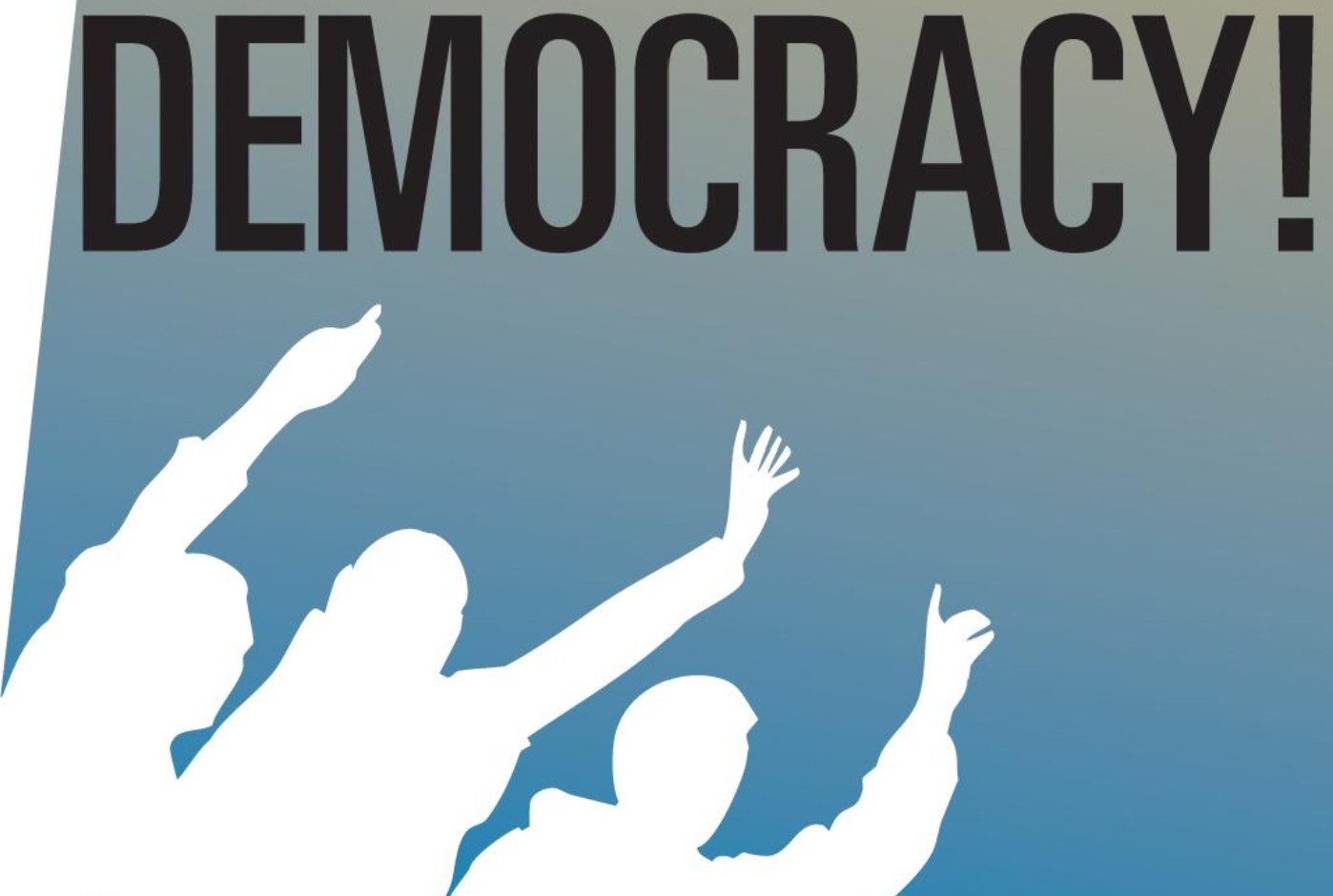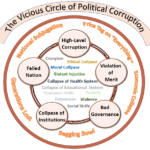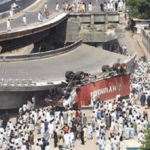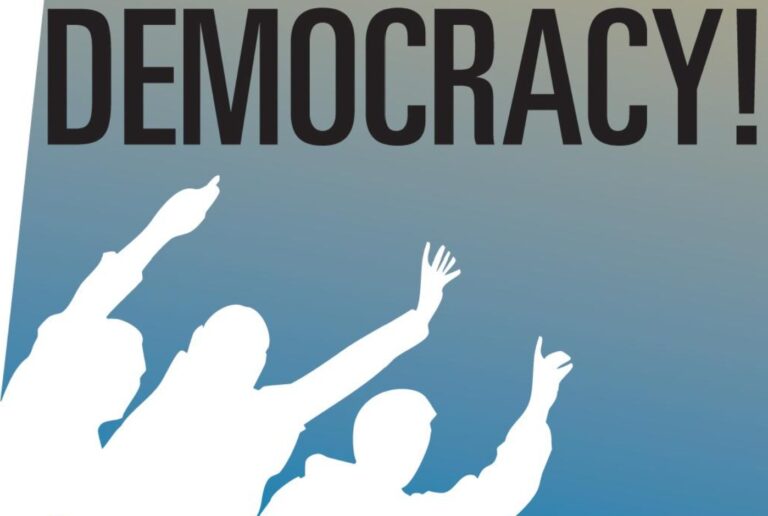The governance crisis in Pakistan is a matter of serious concern for anyone invested in the country’s future. During my interactions, I’ve come across numerous individuals expressing growing disenchantment with democracy, believing that if democracy is merely a tool for consolidating elite control and perpetuating rent-seeking behaviors, then perhaps poorer nations like Pakistan might fare better without it. Although advocating for the abandonment of democracy is neither practical nor desirable, we must recognize the gravity of the rising disillusionment with democratic institutions.
It is crucial to understand that democracy itself is not inherently flawed; rather, it is the structure and functioning of Pakistan’s democratic institutions that have allowed them to become vulnerable to manipulation by powerful elites. These elites often exploit democratic processes, securing their interests at the expense of the broader population. Consequently, governance deteriorates, public trust erodes, and democracy’s credibility suffers.
Ideally, democratic institutions and effective governance should coexist and reinforce each other. However, the dilemma arises when citizens perceive democracy as inherently compromised by elite interests, leading them to contemplate the potential benefits of more authoritarian systems. An autocratic regime might promise stability, efficient governance, and economic progress, but it invariably compromises individual freedoms, human rights, and democratic values.
The real challenge lies not in abandoning democracy but in reforming it. Strengthening the accountability mechanisms within democratic institutions, enhancing transparency, and curbing elite capture are essential steps toward better governance. If we fail to implement these reforms, public dissatisfaction with democracy will likely continue to grow, risking long-term political instability and undermining Pakistan’s democratic trajectory.
Ultimately, democracy is not the source of bad governance; rather, it is the way democracy is currently practiced in Pakistan. Ensuring democratic institutions genuinely represent and serve the people requires meaningful reforms that limit elite manipulation and restore public confidence. Only then can Pakistan realize the full potential of democracy – one characterized by good governance, justice, fairness, and sustained development.








